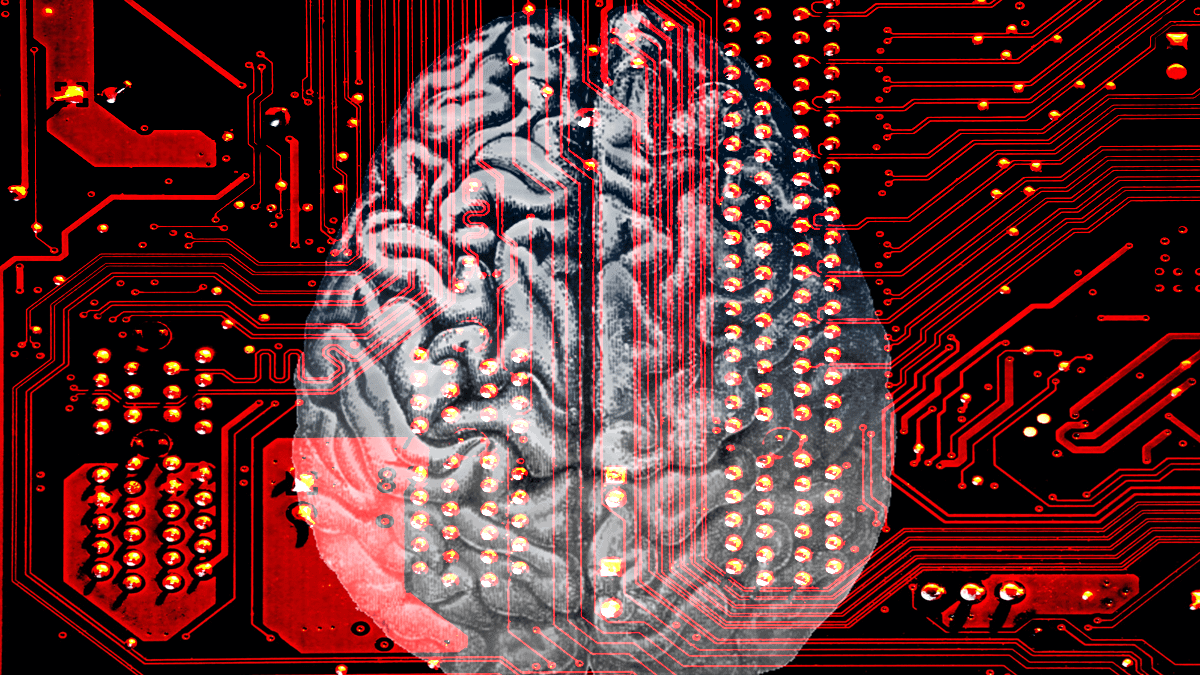
Artificial Intelligence (AI) is bringing a technological revolution to society. The new emerging digital world carries with it a scary thing: Artificial Intelligence (AI) bias. It is a pressing concern over as AI is becoming extremely powerful and at the same time with a lot of discriminatory thoughts like humans.
Human bias is not new. The recent protests across the globe on racial discrimination are a pure example that bias is a major threat to human society. Discrimination is not just related to race, it also concerns gender inequality. Women leaders like New Zealand Prime Minister Jacinda Arden and San Francisco Mayor London Breed are receiving recognition for their rapid action in tackling and controlling Covid-19 spread. However, men are still chosen as leaders of government around the world. The disparity is not contained in political leadership. In 2019, Forbes chose hundred of America’s ‘Most Influential Leaders,’ and 99 of them were men. Ultimately, humans have had a good part in playing with others living in the name of discrimination so far. More than gender and race, there are other biases like religion, LGBTQ+, class, etc that are making a cut in the society. Henceforth, it is safe to stop AI from inheriting what modern society wants to abolish.
AI bias is the underlying prejudice in data that’s used to create AI algorithm, which can ultimately result in discrimination and other social consequences. We shouldn’t forget that even though when AI is a machine that acts in a formed circle, humans are the once who program its functions. If AI power is handed to an impartial human, the outcome could be worst. For example, if a scientist creates an algorithm that decides whether an applicant gets accepted into a university or not and one of the input was the geographical location. Technically speaking, if the location of a person is highly correlated with ethnicity, unknowingly the algorithm would favor certain groups over others. Such discrimination undermines equal opportunities and amplifies oppression.
The Covid-19 pandemic has fast-paced the switch towards digitisation. More and more entities are adopting disruptive technologies to address everyday challenges. Employers increasingly rely on algorithms to determine who advances through application portals to an interview. AI is deployed in banks to filter the eligible people for availing loan and credit cards. The judicial sector is also embracing AI to function rapidly. Since the lockdown began, healthcare, education and professional services have shifted online. Henceforth, making an equal world lies in the hands of people handling the next-generation AI.
Tackling AI bias
To start with simple initiatives, big organizations and scientists dealing with AI should keep away discriminatory words out of the AI library. The controversial tech-related terminologies like ‘master,’ ‘slave,’ ‘whitelist’ and ‘blacklist’ should be out of the AI system. Some tech companies like Cisco are working to replace these words. Cisco believes that the words have been forever; hence the company has to eliminate it. Cisco teams are working diligently to change it all.
When the tech giants are starting to adopt a change, small companies, start-ups and nonprofits are also on the league. Nonprofits are focused strictly on AI ethics and many represent underrepresented individuals and communities that are unfulfilled by the government and businesses. The unethical use of algorithms to train these AI machines can cause major injustice. However, with the help of big tech companies, AI technology can create a more inclusive society by partnering with these nonprofits to focus on creating an ethical AI framework that works for everyone.
Share This Article
Do the sharing thingy
Source: https://www.analyticsinsight.net/artificial-intelligence-technology-is-building-an-inclusive-society/